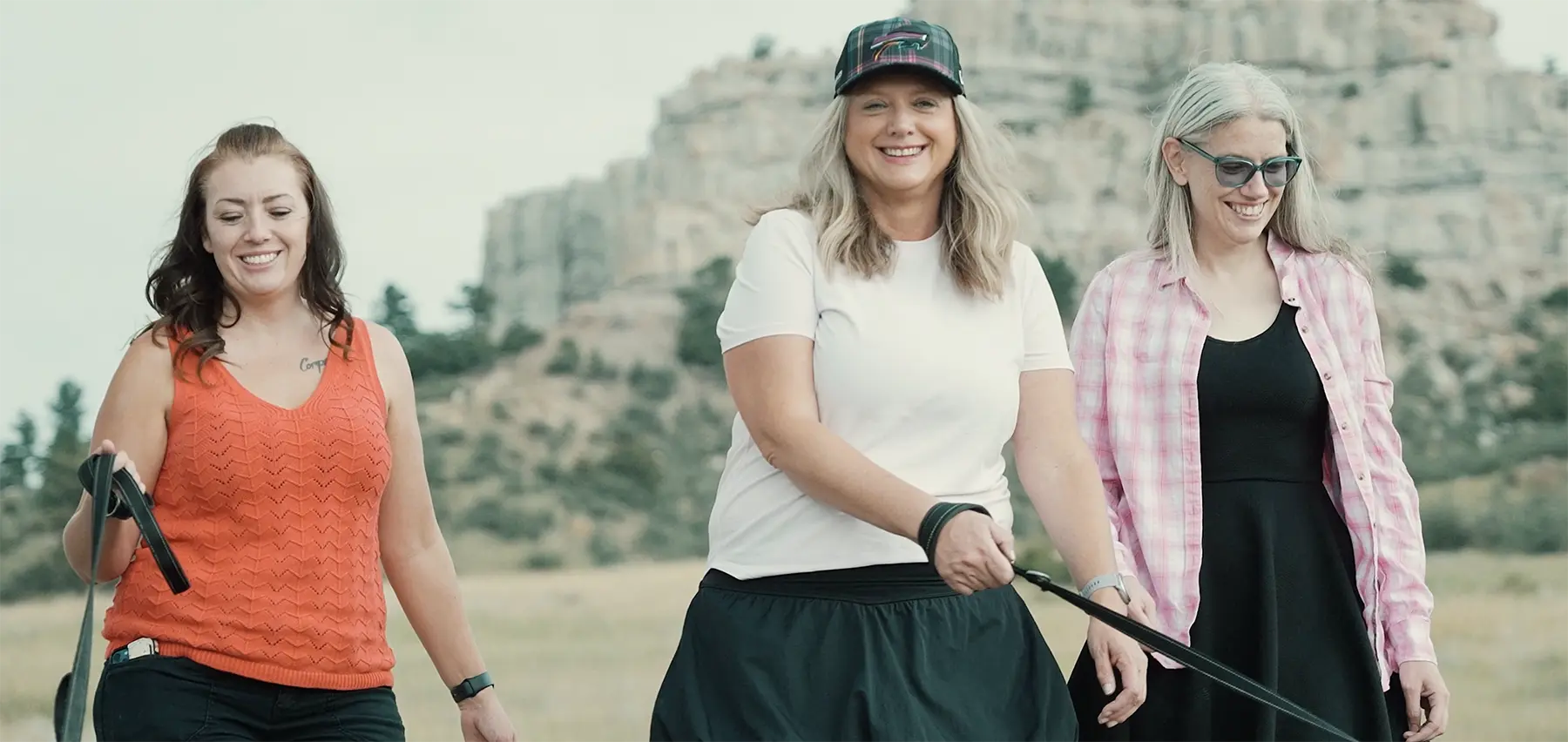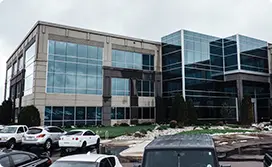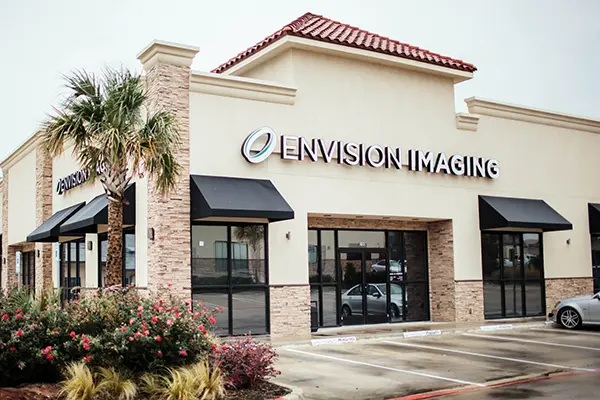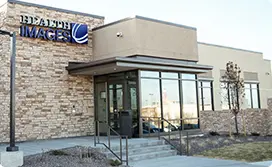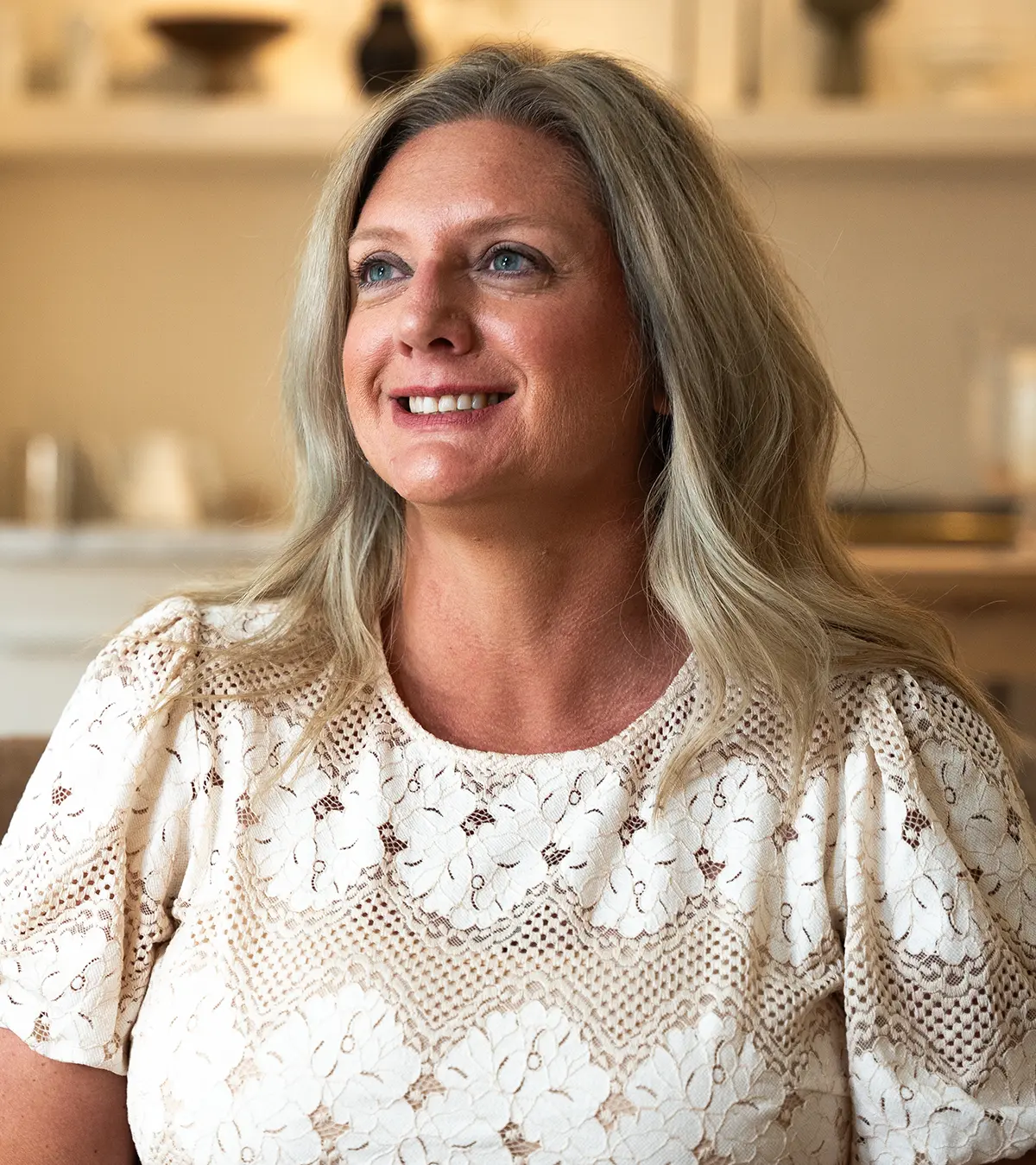
For Julie Dixon, those words aren’t just a reflection; they’re the product of a journey that reshaped everything from her relationships to her definition of freedom.
In late 2017, just after her 40th birthday, Julie scheduled her baseline screening mammogram. She had spent the previous weekend camping at Prince William Forest, hiking trails, and enjoying the fresh air, unaware that life was about to change. At the imaging center, the mammography technologist casually mentioned needing to retake pictures of her left breast. A few days later, Julie received the call: the radiologist had found something concerning and asked her to return.
Her sister encouraged her not to wait a week for the follow-up. When Julie went back for an ultrasound, she could tell by the urgency in the radiologist’s eyes that something was wrong. Soon after, a biopsy confirmed it: invasive ductal carcinoma.
“I was at work when I got the call,” she remembers. “I couldn’t stop crying. You hear that you have cancer, and it feels like a death sentence. I thought, ‘I’m dying.’”
Treatment and Trials
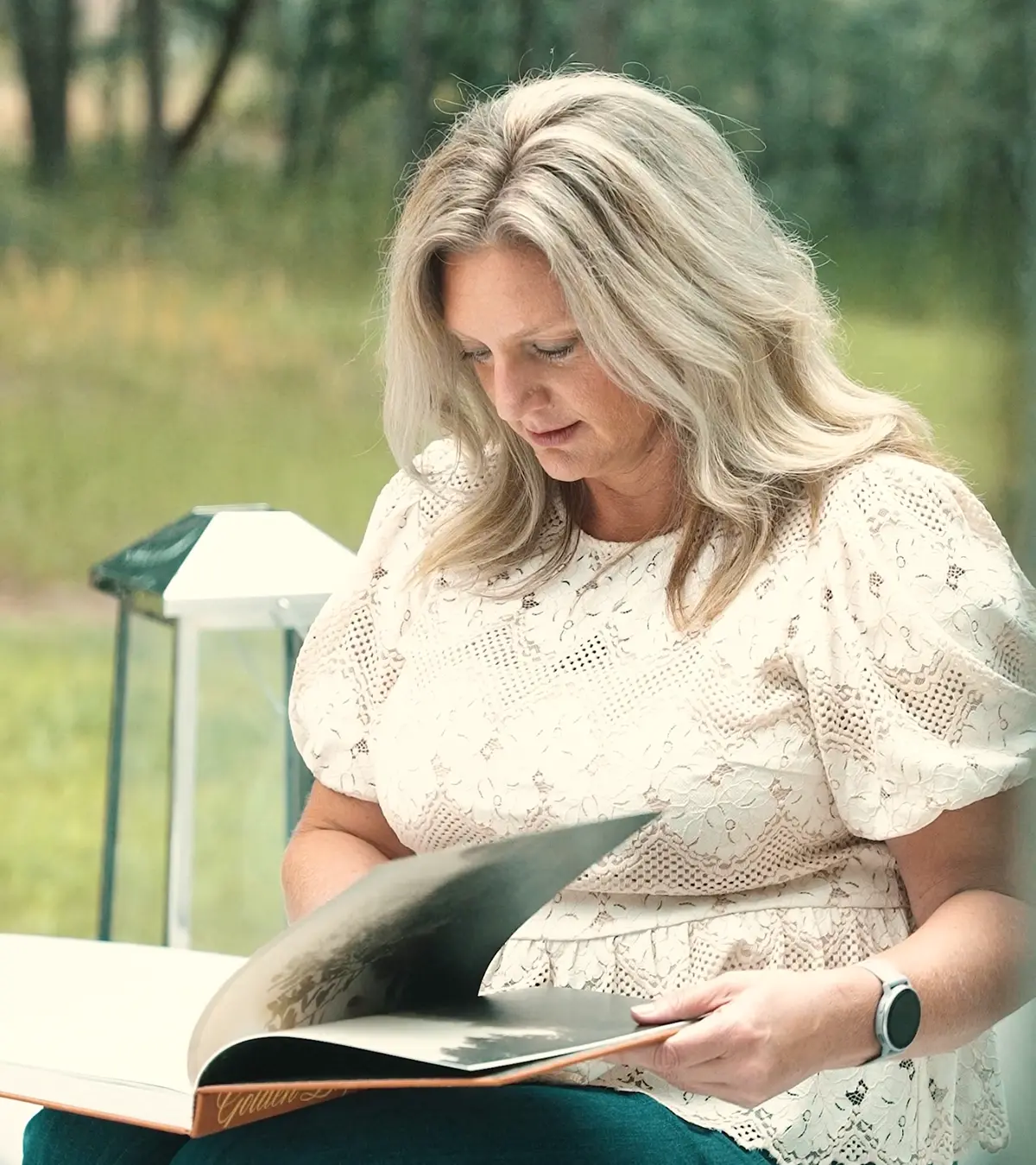
Julie’s diagnosis was stage one, and genetic testing showed no hereditary risk. The cancer, however, fed on hormones, so her treatment required a lymphectomy, radiation, and five years of hormone therapy. She was prescribed Tamoxifen and received monthly Lupron shots, which put her into medically induced menopause.
Her quality of life changed drastically. A once-active hiker and outdoor lover, she battled constant hot flashes and felt disconnected from the lifestyle she loved. Treatment overlapped with the COVID-19 pandemic, adding fear and isolation. One December, with her immune system compromised, she contracted COVID.
“I didn’t live during those years,” she admits. “Do I have my affairs in order?” she remembers asking herself. “I genuinely thought I was going to die.”
Support became her anchor. Her sister never missed an appointment, pen and notebook in hand to catch details when Julie’s mind blurred. On her first day of radiation, her sister and kids showed up for encouragement. On her last, her family surprised her with pink T-shirts to celebrate. Julie also leaned on her psychologist, who specialized in oncology patients, and found friendship in another woman she met at the infusion center.
“Everyone’s support made it less lonely,” she says.
Redefining Life After Cancer
When treatment ended, Julie felt both relief and disorientation. Healing meant making bold changes. She sold her home and car in Virginia, packed her two dogs, Jack and Georgina, into a Tahoe, and moved across states – first to New Mexico, then to Colorado, where she finally felt at home again.
Now, Julie’s life is filled with weekend trips, road adventures, live music, and laughter. “I got my life back,” she says. “I make less money than I used to, but it’s not as important to me because I’m happy. Nobody’s going to say, ‘Wow, Julie really killed it at Excel.’ I want to be remembered as someone fun, someone you could talk to.”
Cancer also changed how she connects with others. She approaches situations with more empathy and calm. When her nephew collapsed at a trampoline park, she instinctively called 911 and guided him through the crisis while others panicked.
“Everyone goes through something,” she explains. “Understanding that helps me know where I can be useful to someone else’s struggle.”
Freedom, Redefined
Her official cancer-free day was July 15, 2023, the date she finished radiation. Today, she describes herself as “a lot more free,” borrowing the words from a favorite Max McNown song. For Julie, freedom means saying yes to joy, choosing experiences over possessions, and letting go of fear.
“I’m always having fun because those are the memories you create,” she says. “After cancer, you lose the fear of finding out. I’d rather just know.”
To women who may be putting off their first mammogram, Julie’s advice is direct: “Do it. Don’t put it off. Early detection saves lives. It’s scary, but better to get it done sooner rather than later.”
Looking in the mirror today, Julie sees someone transformed — not just a survivor, but a woman living fully.
